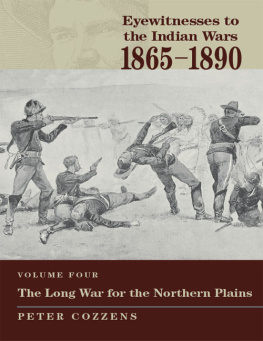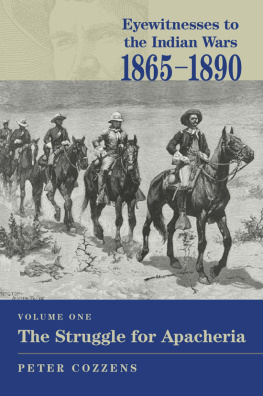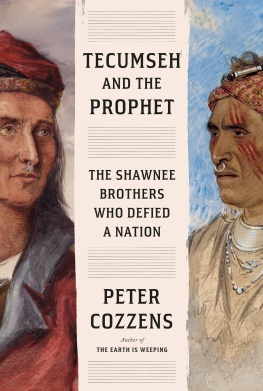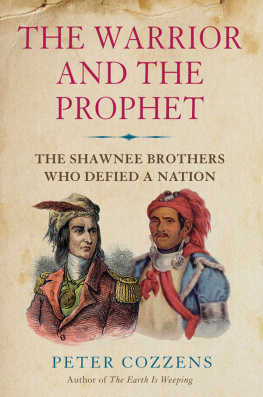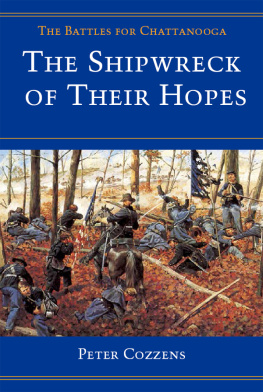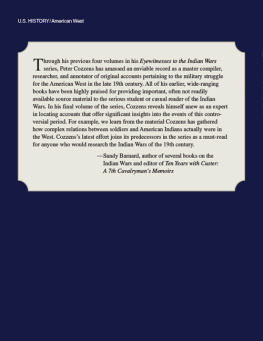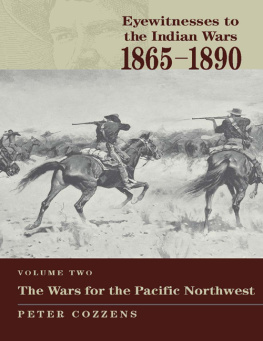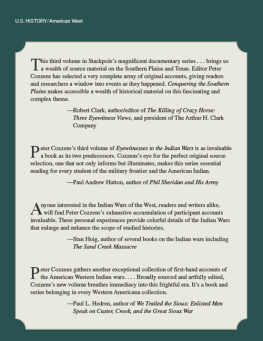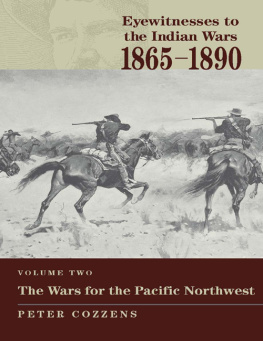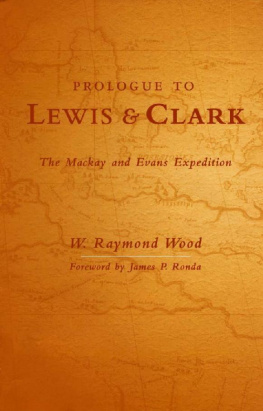The 11th Kansas Regiment at Platte Bridge
S. H. FAIRFIELD
Kansas Historical Collections 8 (1904): 35262
T hat mighty army of boys in blue that went forth at country's call to fight for freedom and native land is fast melting away. It is disappearing like the morning cloud and the early dew. In the passing away of Comrade Henry Grimm, one of the victims of the Platte Bridge massacre, the campaign of the 11th Kansas Regiment against the Indians at the close of the Civil War is brought vividly to my mind.
Henry Grimm was wounded in a battle with hostile Indians at Platte Bridge, Wyoming Territory, 120 miles west of Fort Laramie. The battle lasted during the three days of July 25, 26, and 27, 1865. It may be interesting to the present generation to learn something from those who were actual participants in those eventful, exciting times of forty years ago, the results of which meant so much for the future of Kansas and tolled the death knell for the poor Indian.
Kansas was menaced on her eastern border by a large Confederate army and numerous bands of bushwhackers thirsting for Kansas blood, and on the south and west by nearly all the hostile tribes of Indians of the whole country, who had been driven westward and still westward for centuries, until at last, on the Western Plains, they came to a halt and said to the pale-faced brother, Thus far we will go, and no further. They were willing, however, to make a treaty of peace, the terms of which were that the white man should not settle on any more of their lands; that their hunting grounds should not be invaded nor their game destroyed (thus taking away their only means of subsistence), and that no inroads should be made through their territory. But the white man had discovered gold and rich minerals in the mountains beyond the plains, and thousands of seekers for the yellow metal rushed through the Indian country, killing and destroying their game. Long trains of wagons were winding their way over the plains; the mysterious telegraph wires were stretching across their hunting grounds to the mountains; engineers were surveying a route for a track for the iron horse; and all without saying as much as by your leave to the Indians. Too plainly their game would soon be gone, their hunting grounds taken from them, and they themselves without a country.
The destruction, under Colonel Chivington, of a Cheyenne village,
In 1865, after gold was discovered in Colorado, that territory had more than fifty thousand inhabitants, and all the supplies for this multitude, as well as for the numerous forts and posts on the plains and in the mountains, and in New Mexico, had to be hauled from the Missouri River in wagons, distances of five hundred to one thousand miles. There was no railroad nearer than St. Joseph, Missouri. All of the lines of communication from the Missouri River to the mountains had to be guarded by soldiers, and all the trains passing over these routes were obliged to have a heavy escort. Major General Dodge, in his report to the secretary of war, said that the Indians held the entire overland route from Julesburg to Junction Station, near Denver; that they had destroyed the telegraph lines, captured trains, burned ranches, and murdered men, women, and children indiscriminately, and that on the southern route a similar state of affairs existed; that every Indian tribe capable of mischief, from the British possessions on the north to the Red River on the south, was at war with us, and that not a train or coach of any kind could cross the plains in safety without being guarded. As soon as troops could be spared from the eastern army, they were hurriedly transported to the Department of the West, some twenty-five thousand troops being sent to the western frontier.
Our regiment, the 11th Kansas Cavalry, under Col. P. B. Plumb,

Maj. Gen. Grenville M. Dodge. GRENVILLE M. DODGE. BATTLE OF ATLANTA.
Most of the posts had stockades, built of logs twenty feet long, set in the ground close together and pinned, and portholes made through them. These stockades held a company or more of men, with their horses and transportation. A part of the regiment was stationed at the different posts for over one hundred miles up the North PlatteHorseshoe Creek, La Bonta, Deer Creek, and Platte Bridge. All these posts had stockades and were from thirty to thirty-five miles apart. Troops from these posts guarded the overland telegraph, furnished escorts, and scouted the country for marauding parties of Indians.
On May 20, two hundred Indians attacked the Deer Creek station, captured some thirty horses, and were repulsed by forces under Colonel Plumb. On the twenty-seventh, Colonel Moonlight captured Two Face and Black Foot, Sioux chiefs, with their bands. They had with them a Mrs. Eubank and her little daughter. She had been captured by the Cheyennes on the Little Blue and was in a pitiable condition. Moonlight says that he tied the two chiefs up by the neck with a trace-chain, suspended from a beam of wood, and left them there without any foothold. I remember seeing the cruel savages hanging by the neck on one of the hills north of the fort. Seven hundred Indians were fed for several weeks, but as it was costly to keep them there, they were ordered to be sent to Julesburg. Captain [W. D.] Fouts of the 7th Iowa, with three troops of cavalry, left Fort Laramie as escort to these seven hundred Indians. He also had in charge 185 lodges of Sioux Indians, numbering about two thousand.
On the second day out, near Fort Mitchell, on the North Platte, the Indians mutinied and made an attack on the escort, killing and mutilating Captain Fouts and several of the soldiers, and then the whole outfit fled across the river. A dispatch was sent to Colonel Moonlight at Fort Laramie, who immediately started in pursuit with a force of California, Ohio, and Kansas troops. When 120 miles out, in the early morning at the camp on Dead Man's Fork, he was attack by a large force of Indians. After a sharp engagement, they succeeded in stampeding his horses. This necessitated the abandonment of the pursuit. Moonlight burned his saddles and took up the weary march back to Fort Laramie on foot. On his arrival there, he was relieved of his command by Brig. Gen. Patrick E. Connor, commander of the District of the Plains, and ordered to Fort Leavenworth, to be mustered out of the service. It was a cruel order and a great injustice to a brave soldier. Colonel Moonlight was the peer of any officer that ever drew [a] sword west of the Missouri River.

An attack on the escort. W. F. BEYER. DEEDS OF VALOR.
The feeling among the soldiers was bitter against General Connor, and there were those among them who would have released him [Moonlight] from his command on short notice and without requiring him to report to Fort Leavenworth for muster out. He kept the 11th Kansas in the Indian country two months after they had been ordered home by the government to be mustered out, and then took their horses and transportation from them out on the desert, hundreds of miles away, letting them find their way to civilization.
General Connor gave the following order to the commanders of his expedition: You will not receive overtures of peace or submission from Indians, but will attack and kill every male Indian over twelve years of age. How will this compare with General Weyler, the Spanish butcher, in Cuba? Someone has said that you only have to scratch the skin of a civilized man to find the savage.

